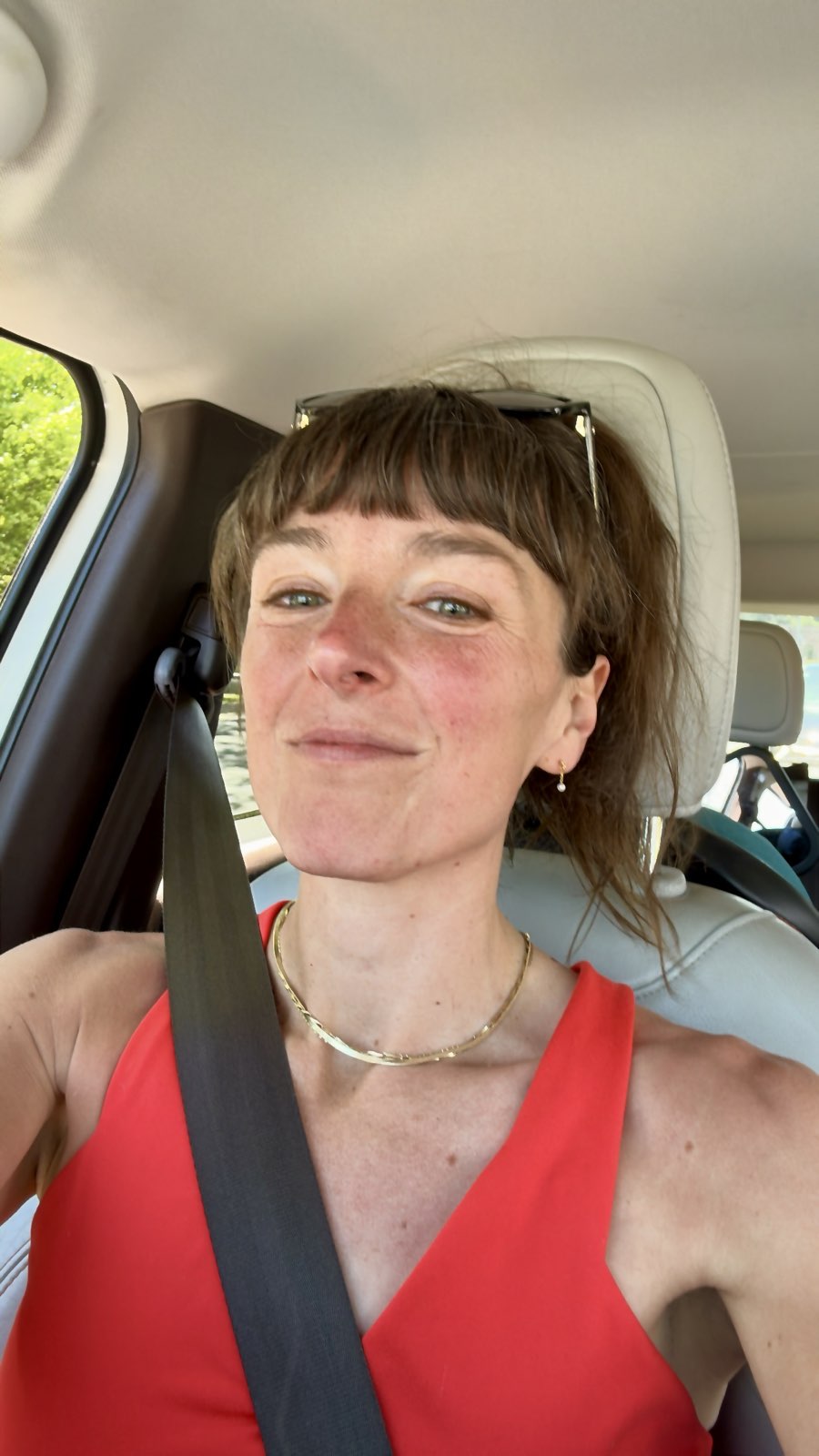
Stephanie Wakefield
Stephanie Wakefield is an urban geographer specializing in social-ecological systems thinking and design, nature-based infrastructure, and future scenarios. She is currently Assistant Professor of Urban Planning and Environmental Design at Florida Atlantic University. Previously, she was Director and Assistant Professor of Human Ecology at Life University in Atlanta Metro, an Urban Studies Foundation Postdoctoral Research Fellow based at Florida International University in Miami, and taught urban environmental studies for many years in New York, including as Visiting Assistant Professor of Culture and Media at Eugene Lang College and Instructor of Urban Studies at Queens College.
Writing on art and culture
Academic writing
@stephwakefield_
swakefield@fau.edu
stephaniewakefield@gmail.com